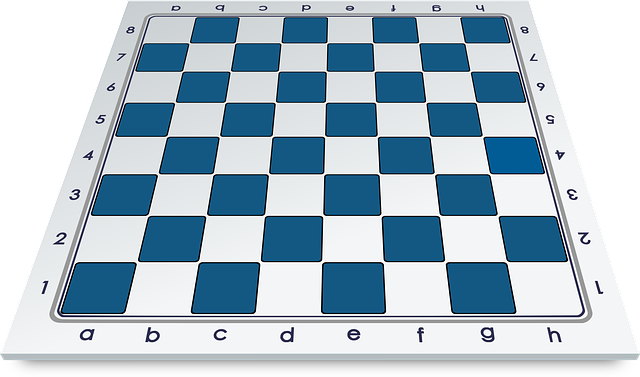For a long time, gambling and computer games tended to have little overlap. While gambling has always been about winning money, gamers usually focus on having fun. But now the boundaries are fluid. Game manufacturers are trying to make new sources of income in view of the high production costs. Therefore, it is no longer an exception for players to wager real money.
Loot boxes as a balancing act between in-game purchase and illegal gambling
The topic of gambling in computer games with regards to loot boxes is mainly discussed. In contrast to other in-game purchases in online shops, the player does not purposefully buy the desired item, but only a virtual box. The contents of which are unknown to him until it is opened after the purchase. In several games, users can discover these virtual boxes at unbalanced intervals more or less randomly yet cannot open them without the corresponding key. The key can then be purchased as additional content.
A random number generator decides which content is in the loot box so that the player has no influence on the winnings. In the best-case scenario, it contains an item that is “valuable” for the game and that improves the gaming experience of the user’s in a positive way. In the worst case, however, the loot box contents are of no use to the player and the investment is then lost from his perspective.
Because of this random component, many voices classify loot boxes as a game of chance.
Are loot box items winnings in terms of gambling law?

The answer to the question of whether the content of the boxes is to be understood as a win in the sense of the definition is decisive for the classification as a game of chance. Assuming this, the purchase of a loot box would be the acquisition of a chance to win. But that alone is not enough. As stated earlier, the potential profit must be an asset.
Since the contents of the boxes are only virtual objects, one might consider that there is no market-related bearing here and that they, therefore, have no asset.
However, the items contained in the boxes can often be purchased in the games’ virtual shops for real money. They have an economic value at least in the context of the game.

